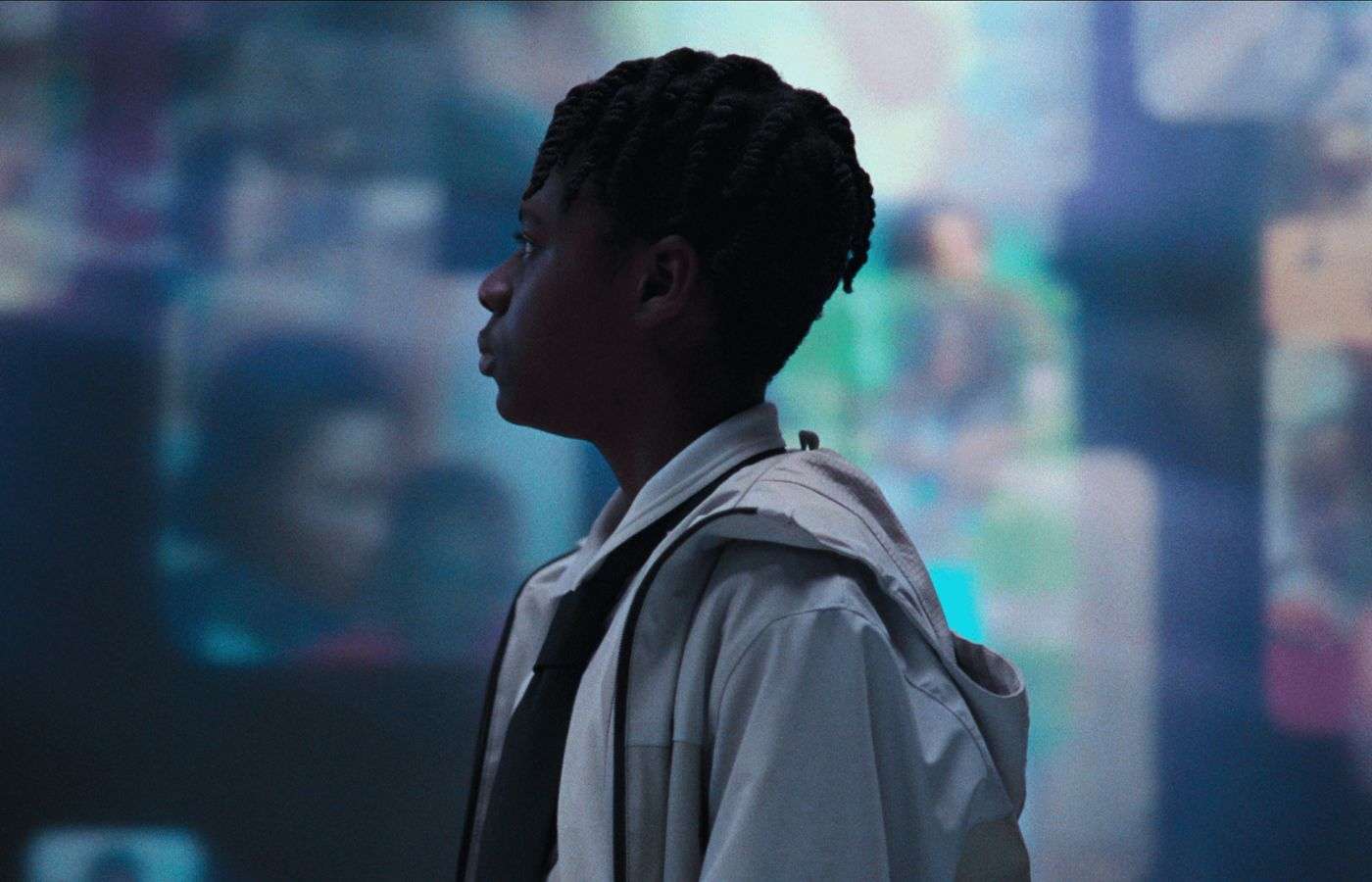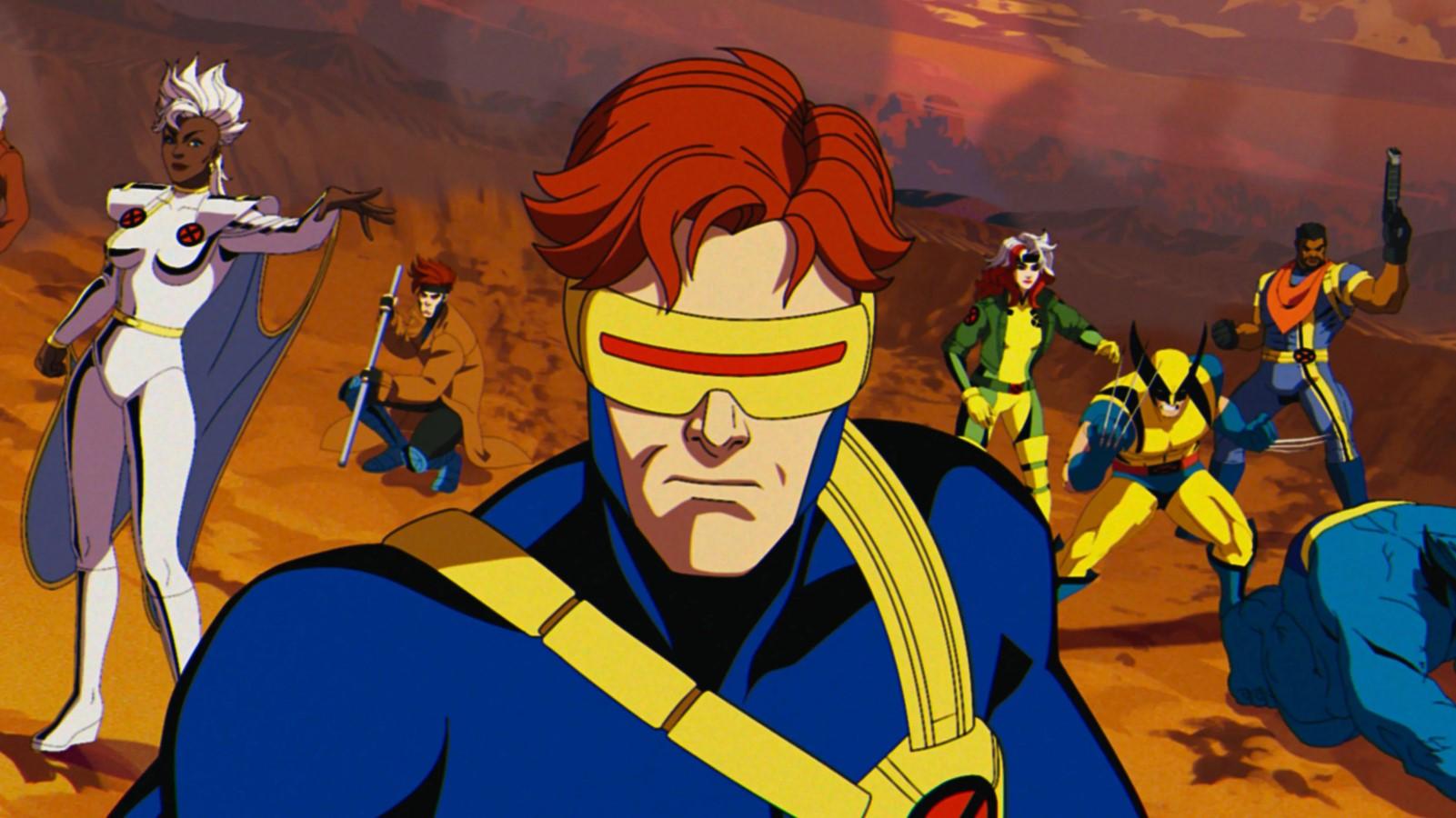The Kitchen ending explained
 Netflix
NetflixDaniel Kaluuya’s dystopian directorial debut has just hit Netflix – here’s the ending of The Kitchen explained in full.
Many actors have made the decision to step behind the camera and lead the charge – just look at George Clooney and Bradley Cooper – with Get Out and Black Mirror star Daniel Kaluuya now joining the fold.
Together with Kibwe Tavares, Kaluuya is responsible for The Kitchen, which follows a dystopian future in London where all social housing has been eliminated. Izi and Benji fight to navigate the world as residents of The Kitchen, a community that refuses to abandon their home.
Now streaming on Netflix, here’s everything you need to know about The Kitchen ending explained. Warning – spoilers ahead!
The Kitchen ending explained: Izi and Benji’s paths cross
The Kitchen is set in modern-day London which has a parallel dystopian edge to it. Izi (Kane Robinson) is a resident of The Kitchen – a tight-knit community that has been ousted from a world they can’t afford, residing in an unsteady block of flats that makes do with what it has. When we meet Izi, he clearly has a contempt for authority but is also trying to make his escape, plotting to put down a deposit for single occupancy accommodation in new residency building Buena Vida. He also works at a new-age funeral care service called Life After Life, which turns loved ones into trees.
At the same time, Benji (Jedaiah Bannerman) is trying to find his feet in life. Viewers learn that his mother has recently died, with Benji being left in their flat by himself. He leaves intended birthday presents from her untouched, instead choosing to spend as much time as possible visiting ‘her’ at Life After Life – which is where he crosses paths with Izi. At the same time, Benji becomes closer to a local biker group led by Staples (Hope Ikpoku Jnr), who takes Benji in after his mother’s death.
While Staples brushes Benji closer to trouble with the authorities, The Kitchen community has to deal with weekly raids, which often turn violent. The ominous Lord Kitchener (Ian Wright) tries to offer words of peace through the radio system, with the community doing as much as they can to protect each other. This extends to Izi trying to take in Benji, with Benji convinced that Izi knew his mother.
Izi and Benji’s relationship is tested
 Netflix
NetflixWhile the pair spend more time at Life After Life and the Kitchen raids continue, they start to bond, allowing them to have fun in the process. At a roller night, Benji meets Ruby (Teija Kabs), who he instantly befriends. Still flitting between Staples and Izi, each of them challenges Benji on why he is hanging out with the other. For the bulk of his time, Benji lives with Izi, with the two letting their guard down. However, this ends quickly when Izi’s application for single occupancy comes through, meaning he’ll have to leave Benji behind in order to move.
Izi asks the system about switching the double occupancy but is told he’ll be bumped to the back of the queue if he wants to change his details. Agonizing over what to do, he decides to proceed with the move, giving Benji little warning other than trying to knock back his belief that Izi is his father. Alone in the Kitchen, Benji and Ruby face another raid that nearly demolishes the community. While they hide together, Izi reflects and regrets his decision, leading to him finding out that Lord Kitchener was killed in the raid while at work.
In The Kitchen ending, Staples and his group turn violent, waging war on residents in Buena Vida. Benji is among those breaking into flats but turns around when he sees the mistake he is making. At Benji’s house, Izi and Benji reunite, with Izi gifting Benji his mother’s plant from the funeral center. The pair return to Izi’s flat in the Kitchen, in the face of another raid.



